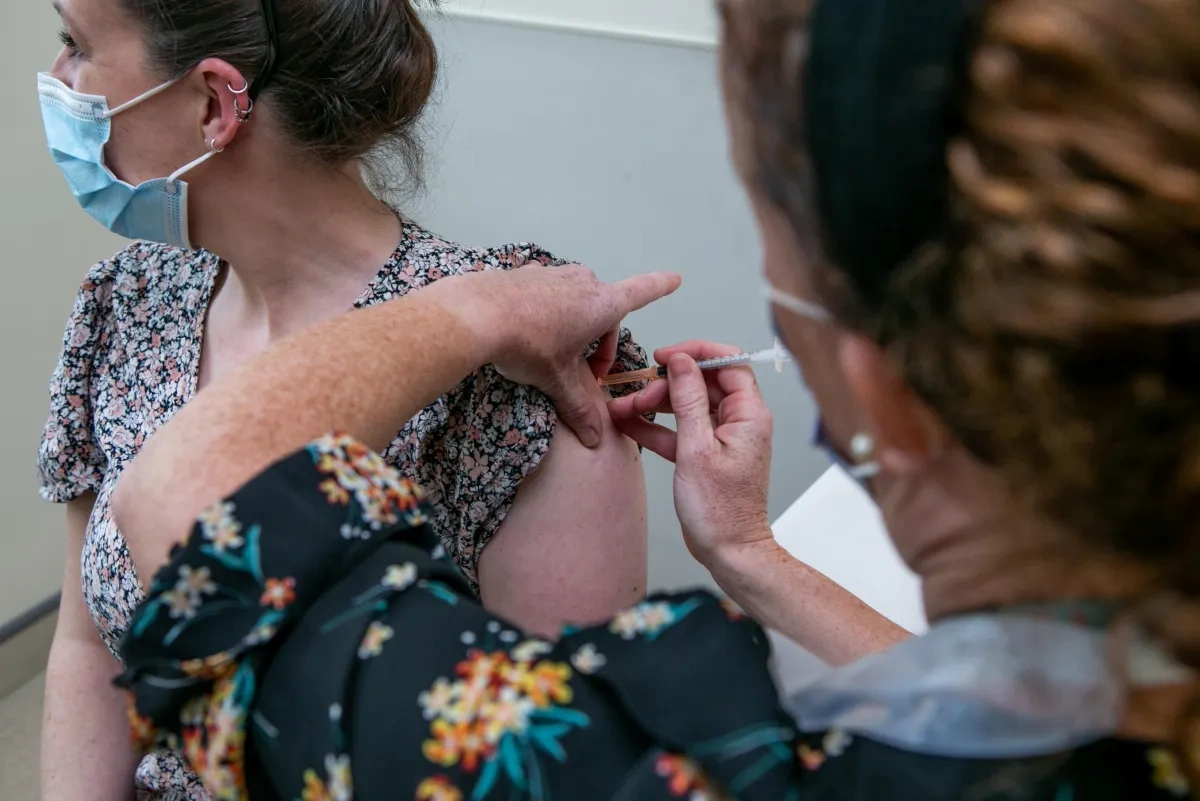

New Public Resource Aims to Tackle Misinformation Around Health and Vaccines
A new accessible website has been launched aimed at inspiring confidence in the science behind vaccines and counteracting vaccine misinformation and disinformation. The Science Foundation Ireland (SFI) funded Voices for Vaccine project, led by Dr Eileen Culloty, Assistant Professor in the School of Communications, deputy director of the Institute for Media, Democracy and Society FuJo at DCU, and affiliate of the SFI ADAPT Centre, was co-created with members of the public, including parents, primary caregivers, early learning outreach workers and early learning educators, to develop health campaign materials to assist people in recognising evidence-based scientific information from false vaccine information. DCU academics Barbara Gormley, Researcher and Lecturer, and Fardus Sultan, Marketing and Business Computing Lecturer were also collaborators on the project.
Together the project partners co-created messages that have been translated into campaign materials that use parents' voices to counteract false and misleading vaccine information and promote vaccine uptake among peers. The messages counter common myths and untruths and promote recognition of evidence-based vaccine information. The messages have been used to create the About Vaccines website and associated health communications materials that are aimed at parents/guardians, early learning educators and also healthcare professionals. About Vaccines aims to provide simple, straightforward and accurate health campaign materials to help parents decide to vaccinate their children by sourcing accurate vaccine information and distinguishing it from false vaccine information.
Speaking about the project that led to the development of the About Vaccines website, Dr Eileen Culloty, said:
“For vaccine information campaigns to be successful, people need to source accurate information about vaccines, which is the aim of the About Vaccines website. Unfortunately, false information has always existed, but online platforms, in particular, provide fertile ground for vaccine myths and untruths to take hold. The accessibility of communication channels and social media platforms presents parents with a deluge of conflicting information about childhood vaccines.
Having access to accurate and straightforward health information is essential to the success of vaccine uptake amongst parents and in keeping ourselves and our communities safe from vaccine-preventable illnesses.”
Through project partners at the Early Learning Initiative, National College of Ireland, the project leaders gained voluntary access to parents/guardians in Dublin’s North Inner-City and North County Dublin. These areas have been experiencing a decline in vaccine uptake, and are potentially areas where there could be barriers to accessing correct vaccine information. The diverse volunteer groups consisted of five to six participants, parents/guardians and community-based early learning educators. The participants' visit local parents to encourage development through play for parents with children from 0-2 years or work with parents and children through a community-based early learning facility.
Speaking about the research that brought together researchers and public participants, in particular early learning educators and parents/guardian from seldom heard and diverse groups, to co-create the website and health information materials, Barbara Gormley, Researcher and Lecturer in Science and Health Communication at DCU said:
“People can be hesitant about or refuse vaccines for several reasons. These include access to the correct information, peer influence, reasoning that is driven more by personal or moral values than scientific fact and distrust in those responsible for delivering vaccine programs.
Public participant projects like Voices for Vaccines are essential to the success of health information campaigns as all voices must be included and represented to ensure the evidence-based information is accessible and tailored to address all parents’ questions and concerns when making vaccine decisions and choices. We would like to take this opportunity to thank all the parents who gave their voices to ensure that this project became a reality. “
